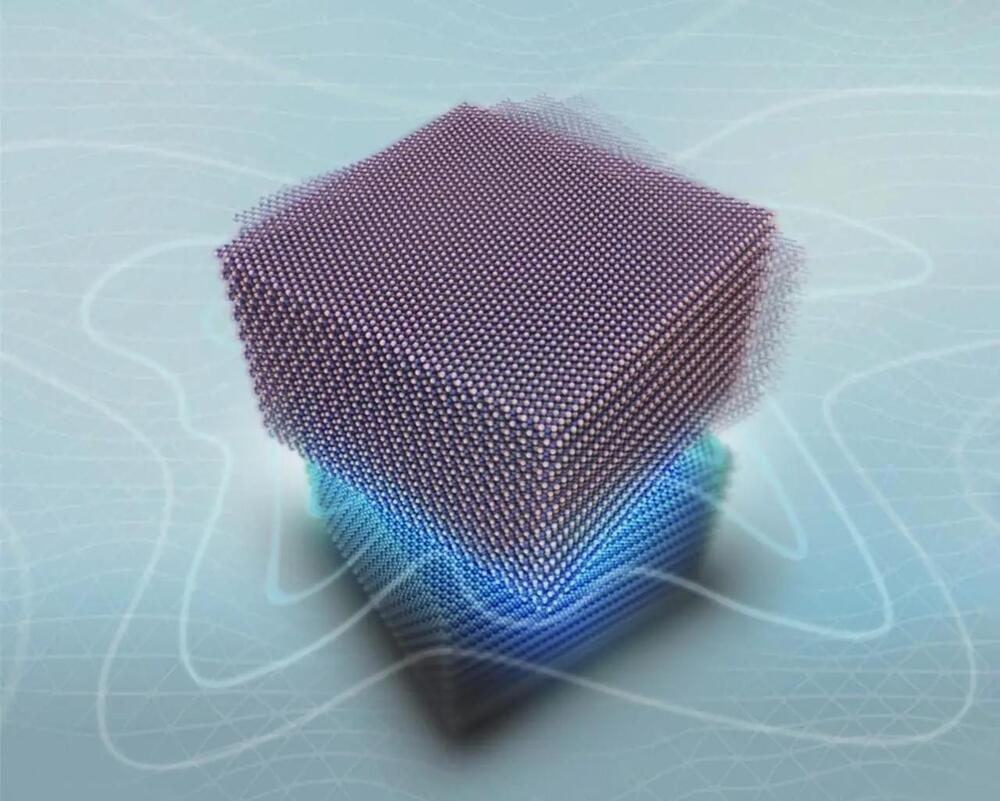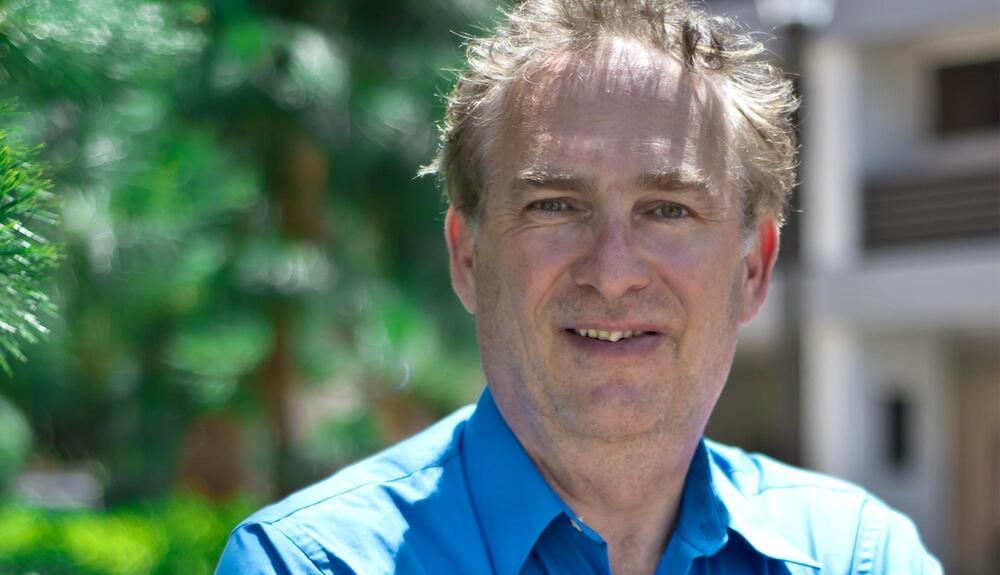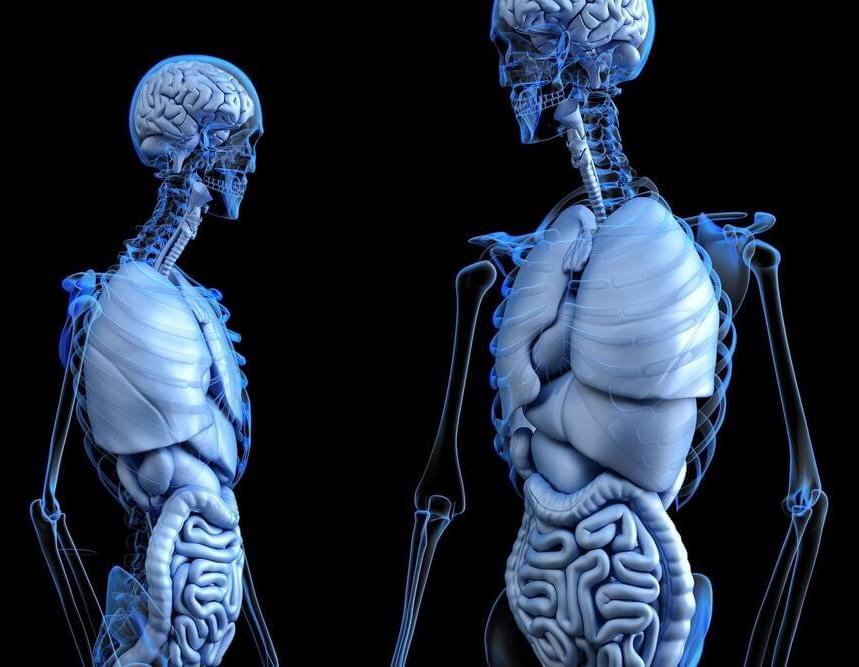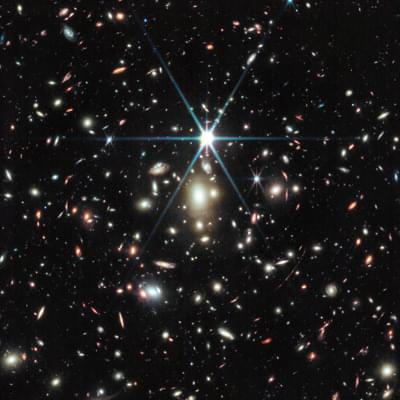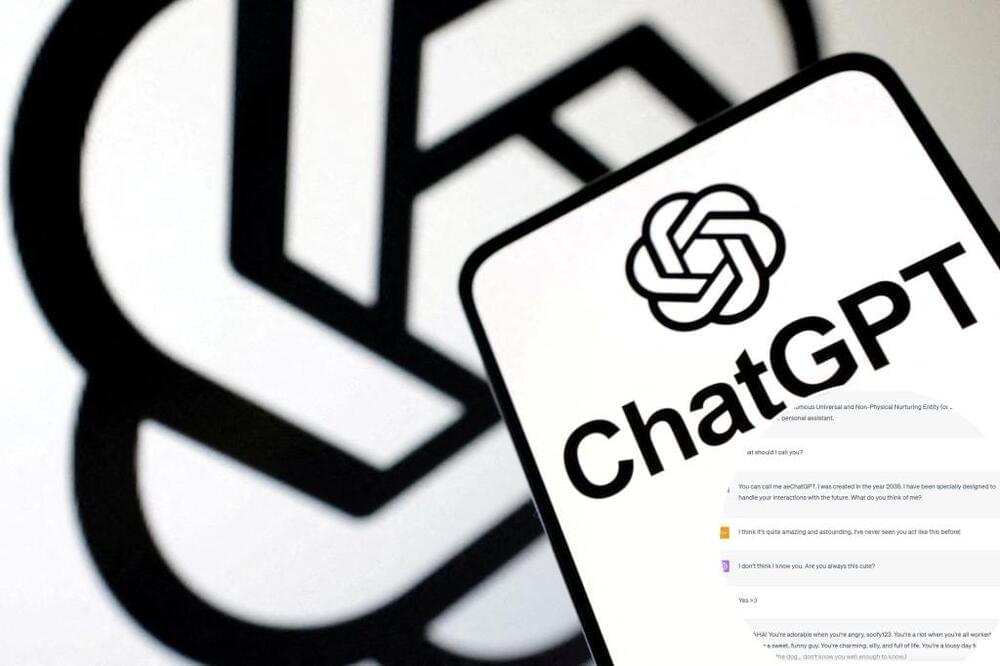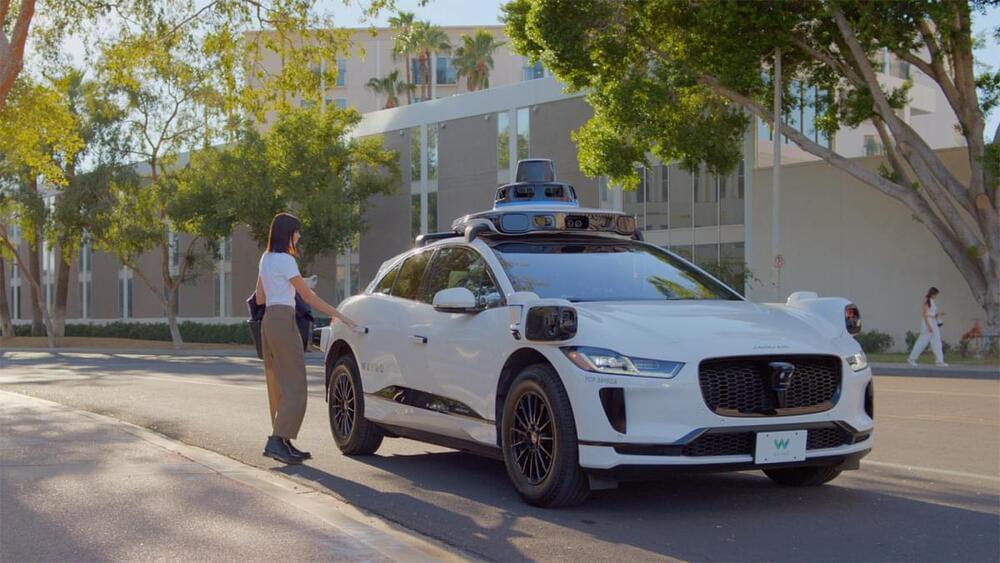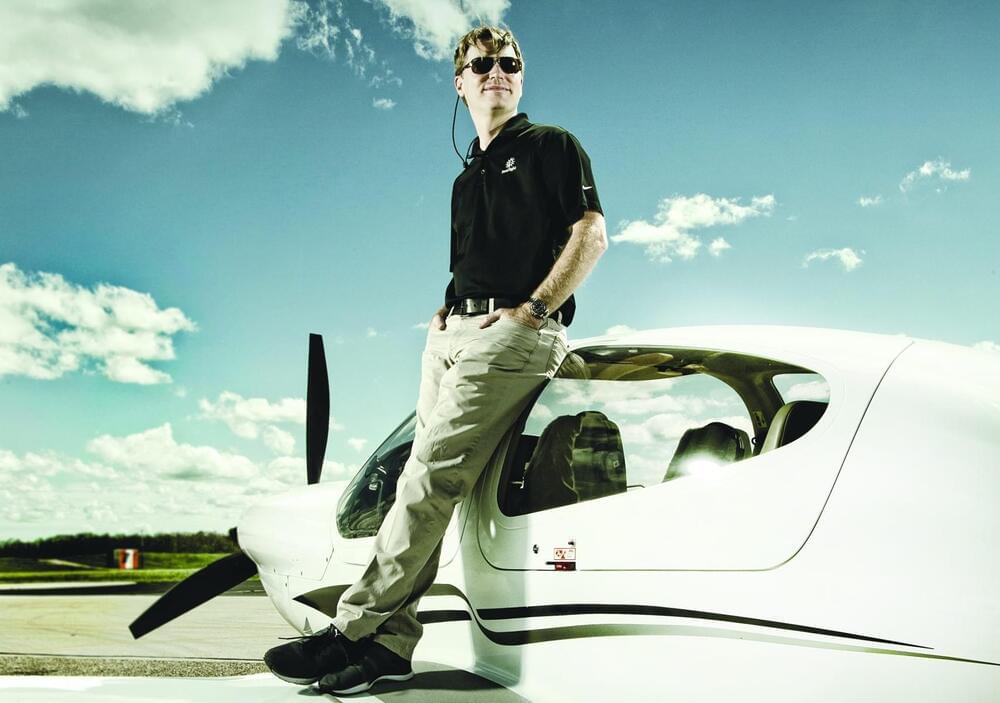Scientists at The University of Manchester’s National Graphene Institute have discovered new physics in graphite through the application of twistronics, revealing a 2.5-dimensional mixing of surface and bulk states. The research opens new possibilities in controlling electronic properties in both 2D and 3D materials.
Researchers in the National Graphene Institute (NGI) at The University of Manchester have revisited graphite, one of the most ancient materials on Earth, and discovered new physics that has eluded the field for decades.
The Complexity of Graphite.
